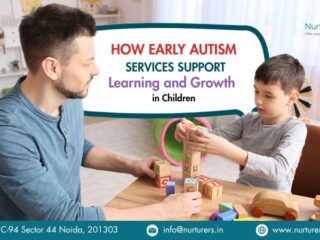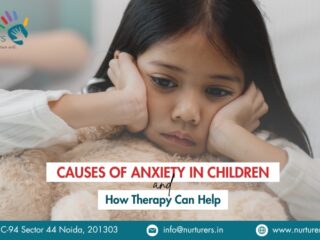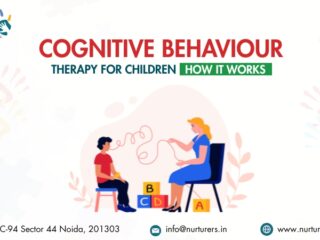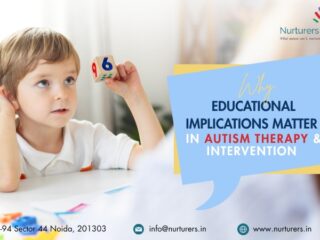How Early Autism Services Support Learning and Growth in Children
When autism is identified early in life, it opens up the opportunity to intervene during the most critical stages of brain development. Early autism services are designed to support young children showing signs of Autism Spectrum Disorder (ASD) by providing therapies that enhance learning, communication, behavior, and emotional regulation. These services are often life-changing—not just…







